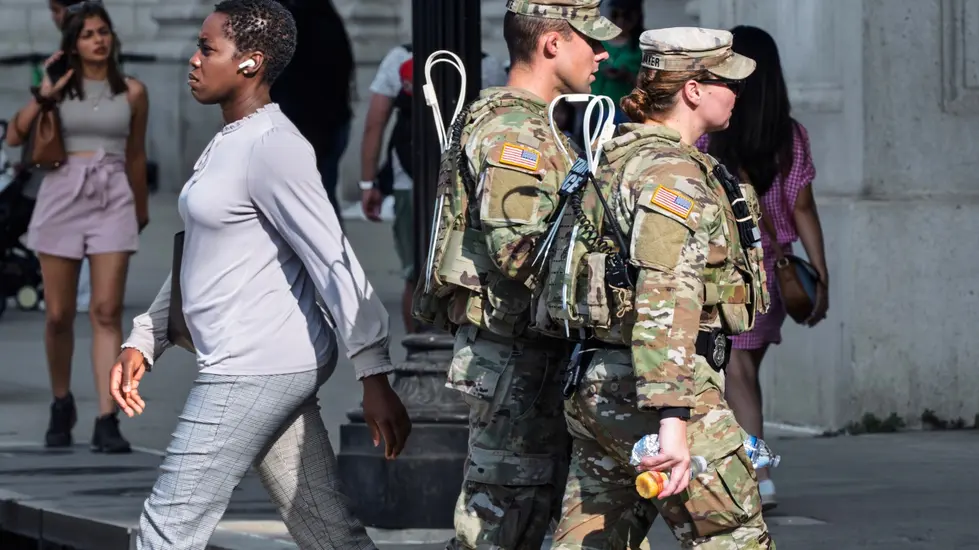T4K3.news
DC police takeover faces federal lawsuit
DC sues Trump administration over move to federalize the Metropolitan Police Department, arguing it oversteps Congress and district autonomy.
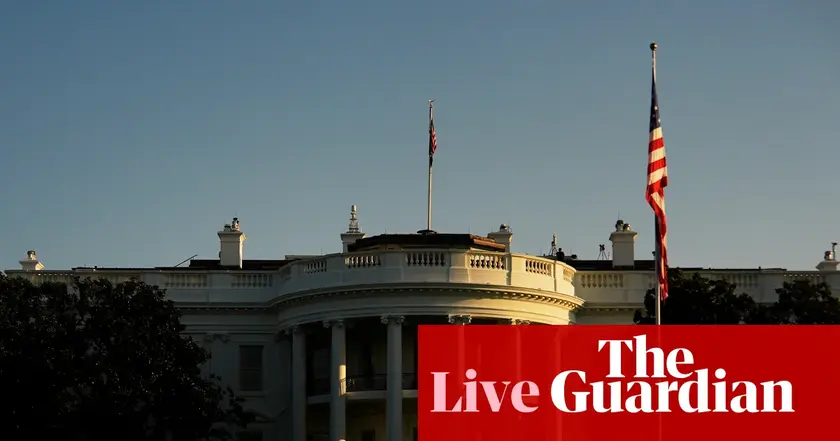
DC officials mount a federal lawsuit challenging the move to federalize the Metropolitan Police and appoint an emergency police commissioner.
DC police takeover fuels constitutional clash and legal challenge
The DC government filed a federal lawsuit over the president’s decision to federalize the Metropolitan Police Department and appoint DEA administrator Terry Cole as emergency police commissioner. The filing argues the action exceeds the authority granted by Section 740 of the DC Home Rule Act, which allows temporary federal control for 30 days after a declared safety emergency and requires congressional approval for any extension. It also notes that the mayor’s duty is to provide city services to the federal government, not to hand over local policing powers.
The White House defends the move as necessary to address crime in the district, while the Justice Department notes that violent crime in DC was at a 30-year low in 2024. The lawsuit contends that the measures go beyond the narrow delegation given by Congress and undermine local self-government. The dispute is unfolding in a federal court as DC officials push back against what they describe as an overreach with broad political and legal implications.
Key Takeaways
"In my nearly three decades in law enforcement, I have never seen a single government action that would cause a greater threat to law and order than this dangerous directive."
Police chief Pamela Smith's warning in the court filing.
"The only emergency here is a lawless president experiencing a growing public relations emergency because of his close friendship with Jeffrey Epstein and his stubborn refusal to release the Epstein file despite his promise to do so."
Representative Jamie Raskin's remark in relation to the administration's actions.
"Trump was AWOL when the District of Columbia actually needed support from the National Guard to protect it from an insurrectionist mob on January 6."
Rep. Jamie Raskin's comment reflected in the congressional response.
This case tests the balance of power between a federal authority and a city that governs itself. If the courts side with DC, it would reaffirm limits on presidential reach in domestic policing and could constrain future use of emergency powers. If the administration prevails, supporters may argue that swift federal action is a tool for national security in a city that hosts the federal government. The episode also reveals how political pressures and public safety rhetoric can collide with constitutional norms, potentially affecting trust in both city leadership and federal governance. In the coming days, lawyers, lawmakers, and residents will watch closely to see whether this is a one-off clash or a turning point in how the capital manages power.
Highlights
- Autonomy should stay local
- Power should be checked not wielded
- Governing a city must respect its residents
- Law and governance must find a shared path
Constitutional clash over DC police takeover
The dispute centers on presidential authority versus local self-government in a high-profile capital city. A ruling could redefine powers, provoke political backlash, and affect funding and oversight for future initiatives. The case also carries sensitivity around governance, law, and public safety.
The legal fight may set a precedent for how much control the federal government can claim over a capital city.
Enjoyed this? Let your friends know!
Related News
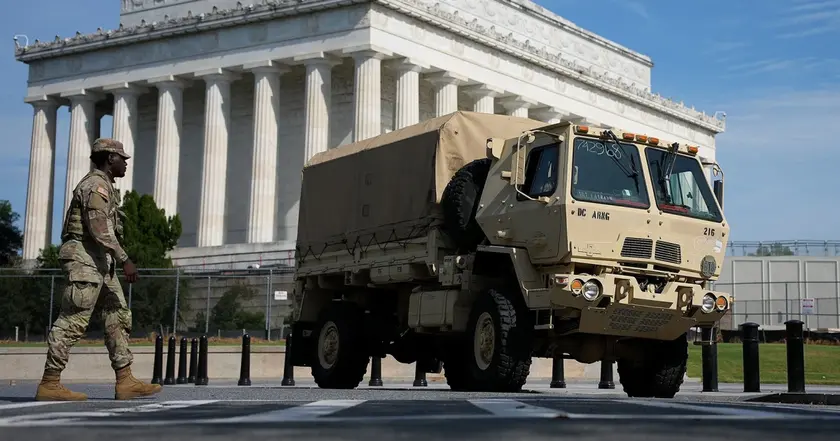
DC sues over federal takeover of MPD
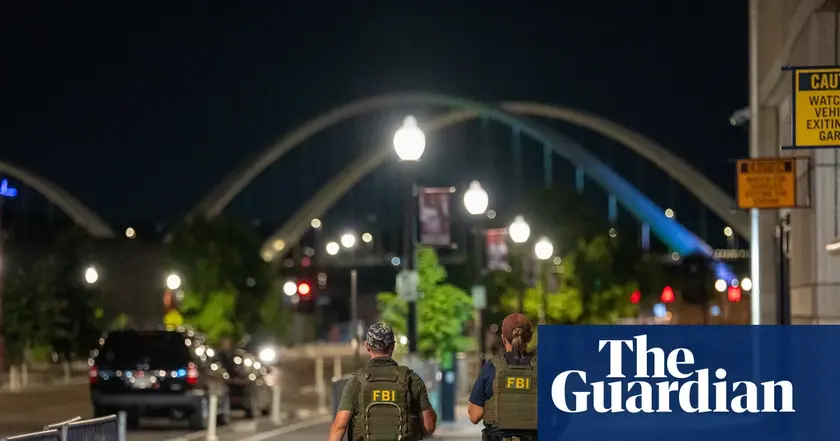
Trump proposes long-term DC police control
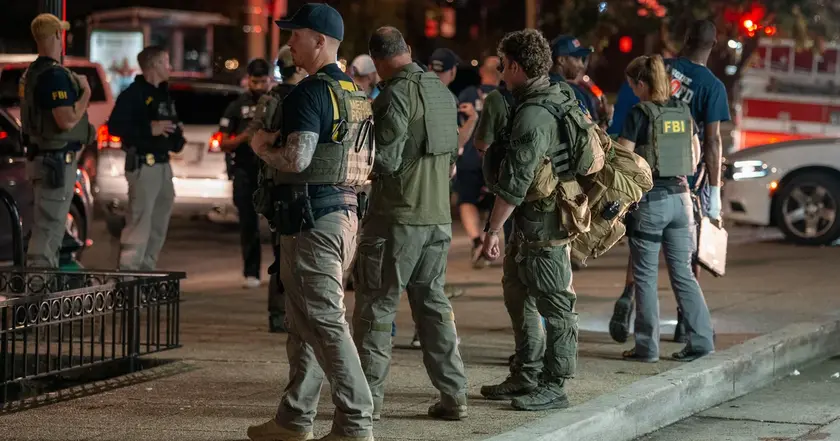
DC files federal lawsuit over police control
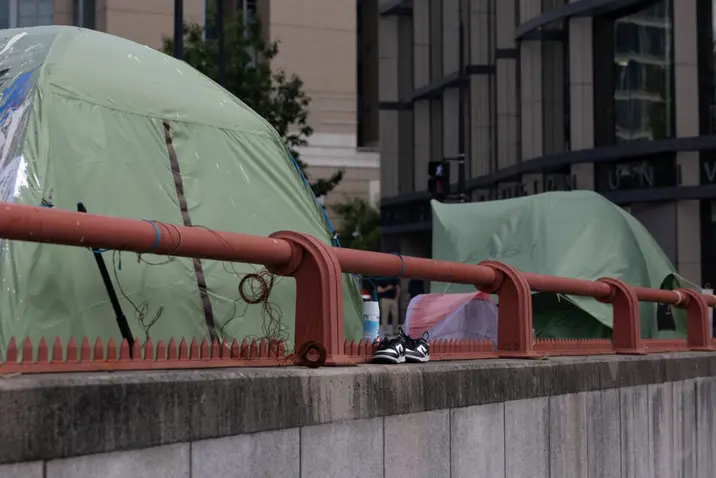
DC homeless relocation plan under federal review
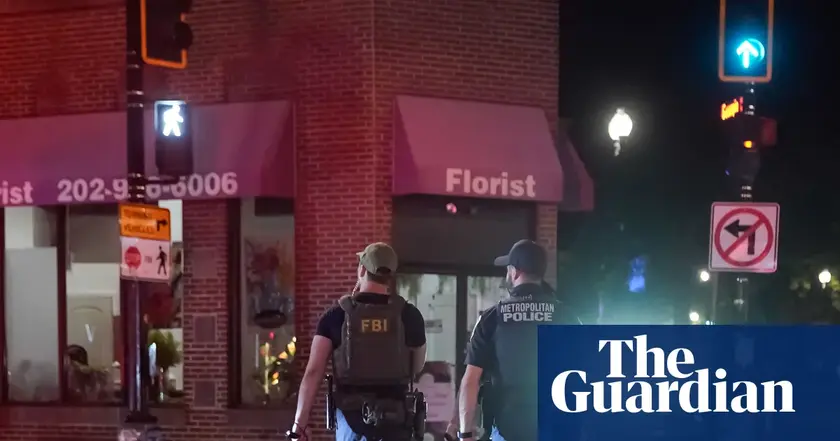
Sandwich attack case moves forward
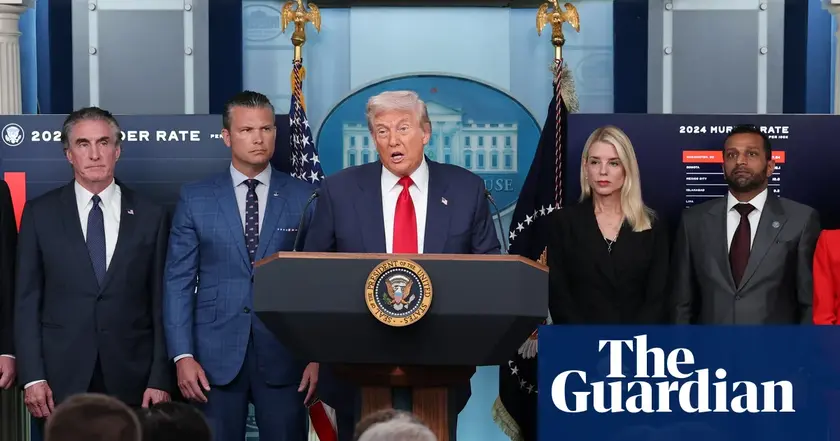
Trump expands DC authority amid Gaza journalist deaths
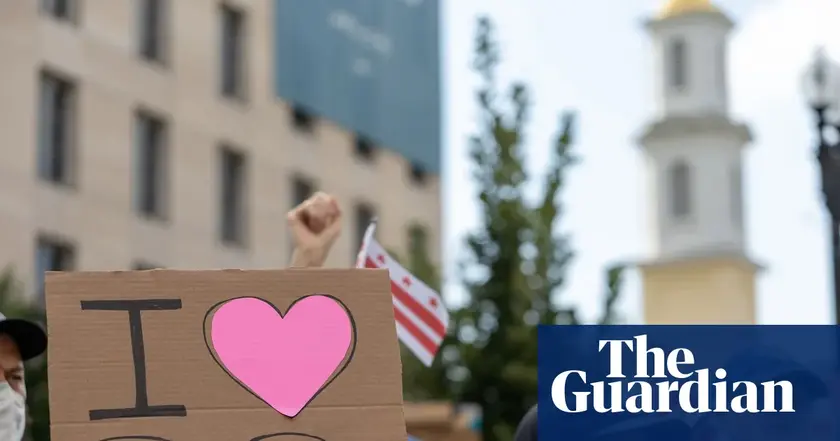
DC police takeover announced by Trump
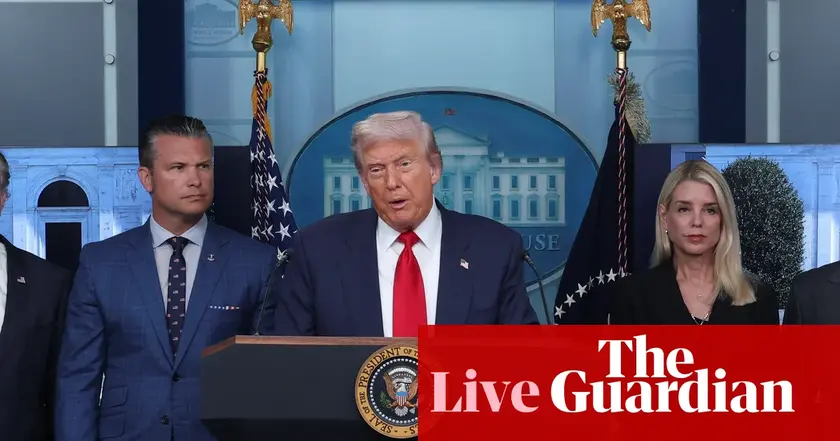
Federal policing move in DC
